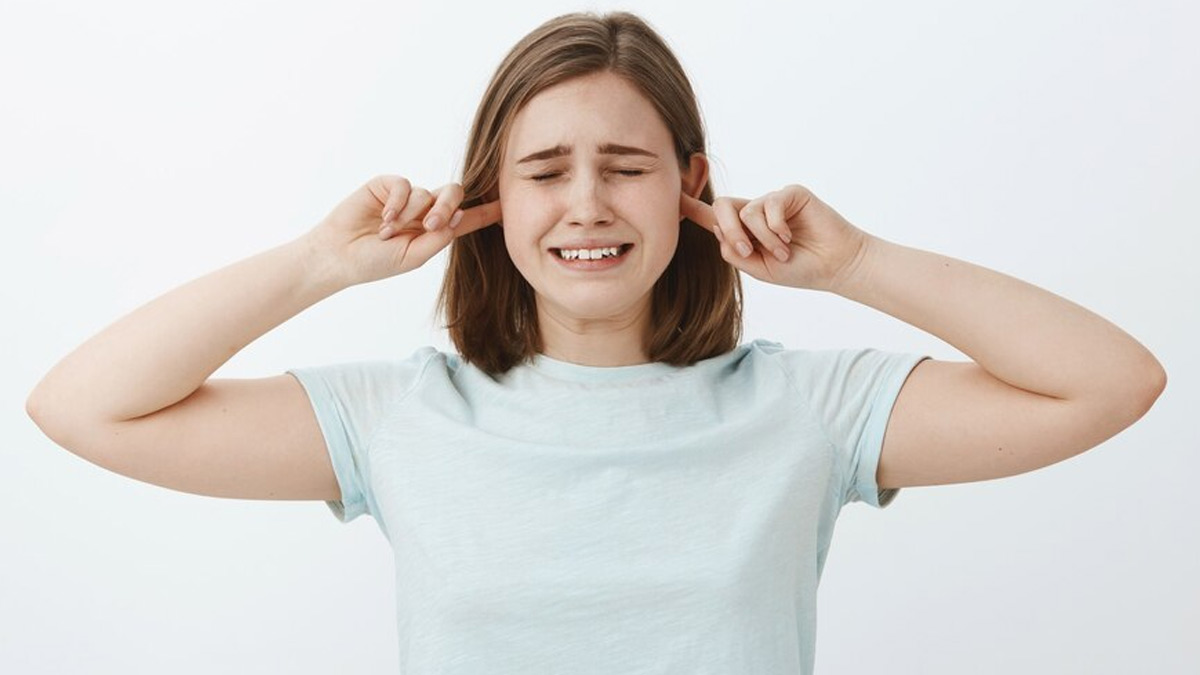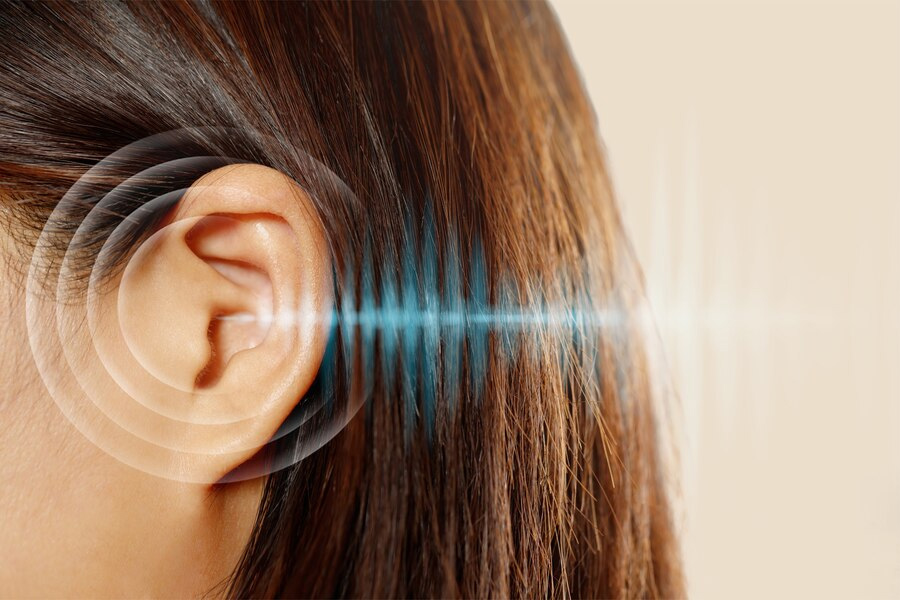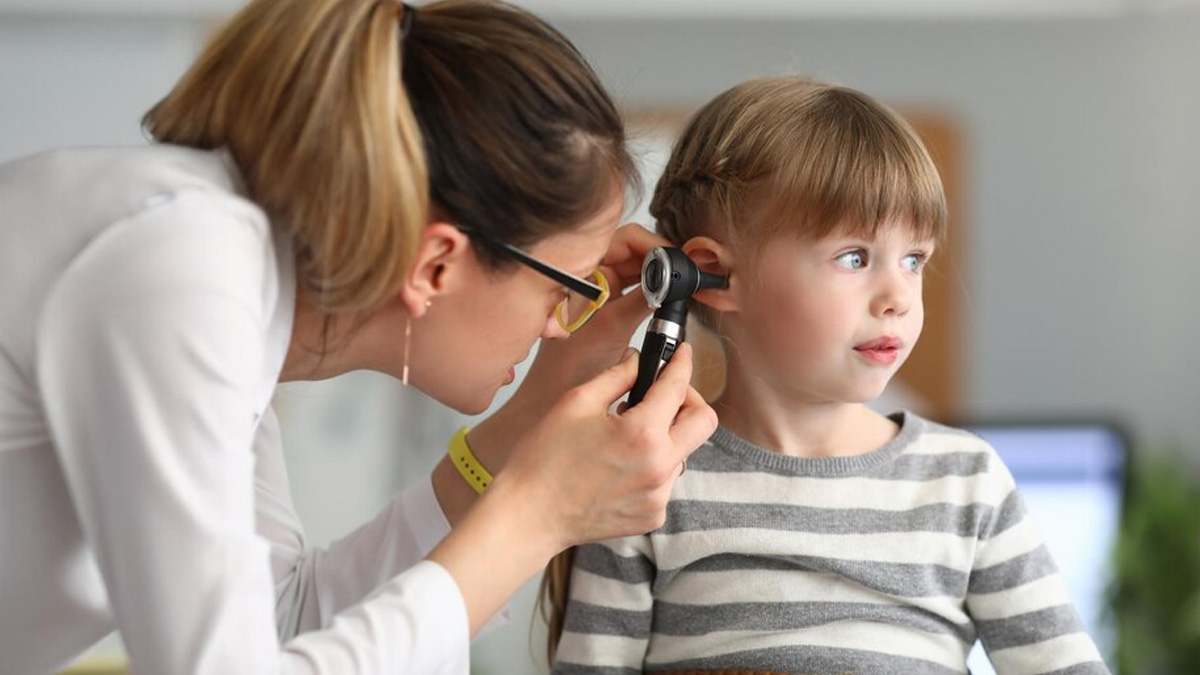
Do you notice your child turning up the TV volume too high, struggling to follow conversations, or complaining of ringing in their ears? These could be more than just minor annoyances - they might be warning signs of hearing loss. If left untreated, hearing loss can lead to speech and language delays, social isolation, and even emotional struggles. But the good news is that many cases of hearing loss are preventable, and early detection can make all the difference. In this article, we list essential tips to protect your child's hearing and prevent complications down the line.
Table of Content:-
According to StatPearls, hearing loss affects 1-3 newborns out of every 1,000 births, with 1 to 2 per 1,000 experiencing permanent hearing impairment during childhood. Boys have a slightly higher prevalence of hearing loss compared to girls, with a ratio of 1.16:1.0.
Tips to Safeguard Your Children from Hearing Loss
Monitor Noise Levels

One of the most significant threats to a child's hearing is exposure to loud noises. Prolonged exposure to noise levels above 85 decibels can cause permanent hearing damage. This includes sounds from everyday sources, such as music players, television, and toys. Parents should monitor the volume levels on devices and ensure that children do not use them at high volumes for extended periods.
According to the National Institute on Deafness and Other Communication Disorders, sounds at or below 70 A-weighted decibels (dBA) are generally safe for hearing, even with prolonged exposure. However, continuous or repeated exposure to sounds at or above 85 dBA can lead to hearing loss.
Limit the Use of Earbuds and Headphones
Earbuds and headphones are popular with kids, but they can cause serious harm if not used correctly. Since they deliver sound straight into the ear canal, it's important to make sure children use them safely. Hence, encourage your kids to use over-ear headphones instead of earbuds, as they're generally gentler on their ears. Additionally, noise-cancelling headphones can be a good investment, as they reduce the need to crank up the volume in noisy environments.
Also Read: Parenting In The Digital Age: Expert Explains How Smartphones Can Harm Your Kids’ Hearing Health
Encourage Regular Hearing Checkups

Regular hearing checkups are crucial, especially during the early years when a child’s hearing is still developing. Early detection of hearing issues can make a significant difference in preventing long-term damage. Therefore, schedule routine hearing screenings as part of your child's annual health checkup, and be alert to any signs of hearing difficulties, such as frequent requests for repetition, difficulty following conversations, or complaints about ringing in the ears.
Be Cautious with Ear Infections
Ear infections are a common cause of temporary hearing loss in children. According to a 2022 study, ear infections are medical issues caused by viral or bacterial infections in the middle ear, such as acute nonsuppurative otitis media and acute suppurative otitis media.
Repeated or severe infections can cause significant hearing damage. It's crucial to promptly treat ear infections and comply with prescribed medications and follow-up appointments. If your child frequently gets ear infections, consult a paediatrician for preventive measures and consider getting ear tubes if recommended.
Also Read: Double Ear Infection In Children: Expert Lists Its Symptoms, Causes, And Treatment
Protect Ears from Water Exposure
Excessive moisture in the ear can lead to infections, such as swimmer's ear, which can contribute to hearing loss. To prevent this, ensure your child’s ears are dry after swimming or bathing. You can also use earplugs designed for swimming to keep water out of their ears. If your child frequently swims, make sure they take breaks to allow their ears to dry out and reduce the risk of infection.
Use Hearing Protection in Noisy Environments

In situations where exposure to loud noises is unavoidable, such as concerts, sporting events, or fireworks displays, hearing protection is essential. Provide your child with earplugs or earmuffs specifically designed to reduce noise exposure. Make sure they understand the importance of wearing these protective devices in loud environments to prevent hearing damage.
Promote a Healthy Lifestyle
Maintaining a healthy lifestyle can also help support better hearing health. Ensure your child has a balanced diet rich in vitamins and minerals, especially those that support ear health, such as magnesium, zinc, and omega-3 fatty acids. Regular physical activity can improve blood circulation, which is crucial for maintaining healthy ears. Additionally, avoiding exposure to secondhand smoke is important, as it has been linked to an increased risk of ear infections and hearing loss in children.
Be Aware of Medication Side Effects
Certain medications, including some antibiotics and chemotherapy drugs, can be ototoxic, meaning they can cause hearing loss. Always discuss potential side effects with your child’s healthcare provider and explore alternative treatments if there is a risk to their hearing. If your child is taking medication that may affect their hearing, ensure they are closely monitored for any changes in their auditory health.
[Disclaimer: This article contains information for informational purposes only, hence, we advise you to consult your own professional if you are dealing with any health issues to avoid complications.]
How we keep this article up to date:
We work with experts and keep a close eye on the latest in health and wellness. Whenever there is a new research or helpful information, we update our articles with accurate and useful advice.
Current Version